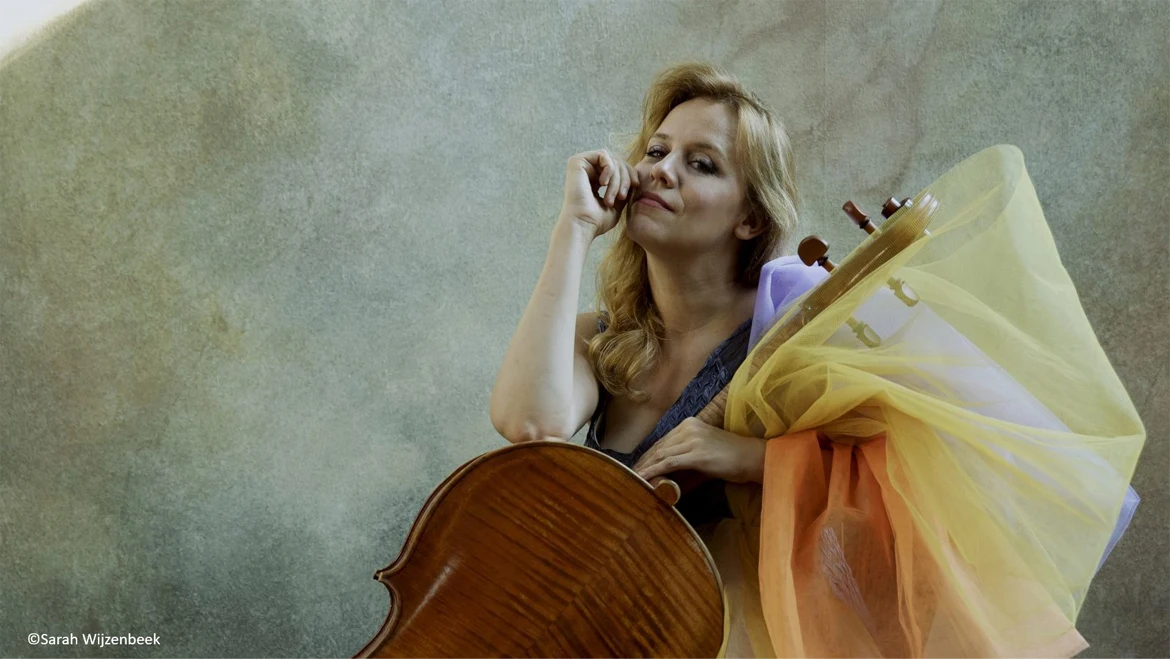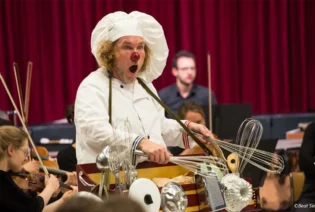
On Friday night concert, on 16th May, the Belgrade Philharmonic Orchestra is serving us a real twist – the philharmonic style. Instead of the previously announced performance of the cellist Mario Brunello, Maja Bogdanović will take the stage with the Belgrade Philharmonic Orchestra, at Kolarac Hall (8 PM). Due to unforeseen health issues, the Italian artist is unable to appear, but to the delight of the Belgrade audience, the brilliant Serbian cellist and international star will step in to perform Weinberg’s Cello Concerto.
An unexpected turn of events is bringing Maja Bogdanović directly from her seat in the audience onto the Kolarac stage:
Sometimes the best things happen completely by chance! I am very much looking forward to Friday’s concert with the fantastic Belgrade Philharmonic Orchestra and Maestro Raiskin, with whom I’ll be performing for the first time. My calendar is packed this year, with performances scheduled all over the world, and it’s usually hard to find a few free days. As luck would have it, I was in Zemun on a long-planned family holiday — with no instrument and no concert dresses — when I had planned to attend the concert and listen to Brunello and the Philharmonic. Weinberg’s concerto is a true tour de force – I played it for the first time last September in Bavaria and was really excited to hear Brunello perform it live. But when I got a call late yesterday from the Belgrade Philharmonic saying that the Italian soloist had canceled, the whole situation felt too incredible to turn down. Thanks to my friends, I’ve even managed to borrow a wonderful cello for the performance, Maja Bogdanović said ahead of her unexpected appearance.
The program, under the baton of permanent guest conductor Daniel Raiskin, remains an eclectic collection of musical miniatures. It opens with Schnittke’s Poliphonic Tango, a witty piece balancing humor and seriousness, shifting between café ambiance and concert hall grandeur. Following Weinberg’s klezmer-inspired concerto, the evening concludes with Shostakovich’s Symphony No. 9, a work filled with irony and grotesque energy, of which the composer himself said: Musicians will love playing it. Critics will love trashing it.






